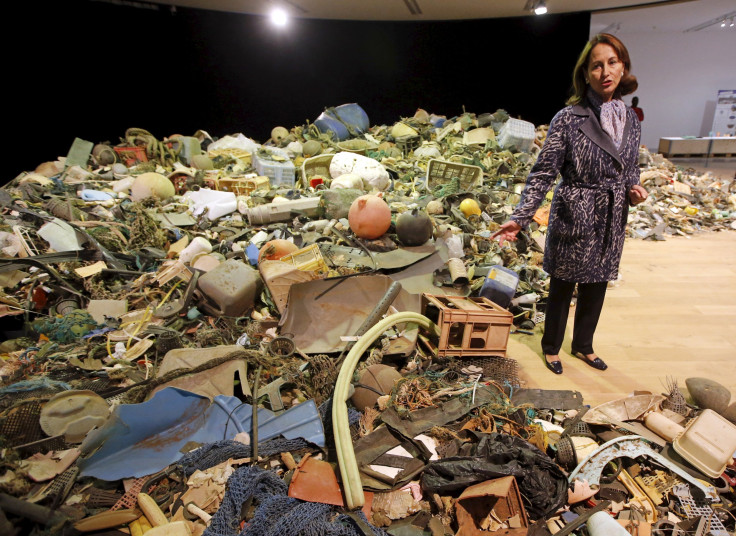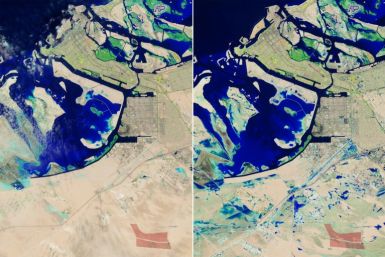Microplastic endanger fish populations; Study finds fish prefer eating plastic over natural food

Researchers from Uppsala University have found that larval fish exposed to microplastic particles display stunted growth and changed behaviour. Quite interestingly, the fish prefer eating the plastic particles more than free-swimming zooplankton. The study has pointed out the harm plastic pollution is causing to marine life. The fish stopped avoiding predators too. This has led to greatly increased mortality.
More than 4 million metric tonnes of plastic end up in oceans every year. If this continues, there will be more plastic than fish by 2050. The study published in journal Science.
Microplastic particles are defined as plastic particles less than 5mm in size. They originate from large plastic waste products that break down into smaller pieces. They also originate from manufactured plastics of microscopic size, such as found in personal care products. These microscopic waste particles travel through waterways and lakes and accumulate in dangerous amounts in shallow coastal areas.
“Fish reared in different concentrations of microplastic particles have reduced hatching rates and display abnormal behaviours. The microplastic particle levels tested in the current study are similar to what is found in many coastal habitats in Sweden and elsewhere in the world today,” Oona Lönnstedt, marine biologist and lead author of the article said in a press release.
Fish exposed to microplastic ignored the smell of common predator pike. They were caught and eaten more than four times quicker than control fish, with all fish exposed to microplastic particles dead within 48 hours. Exposure to microplastic caused the fish to become much less active.
According to The Australian, Lönnstedt, apart from larval fish, conducted similar experiments on other species of fish including tropical fish such as coral reef damselfish and temperate ones such as pike and flounder. They all had similar responses to plastic as perch. Lönnstedt believes that microplastic’s effects on marine ecosystem can be profound.






